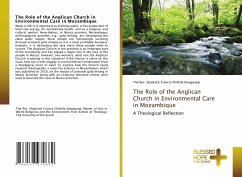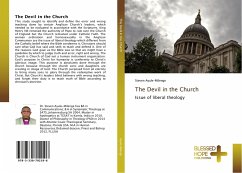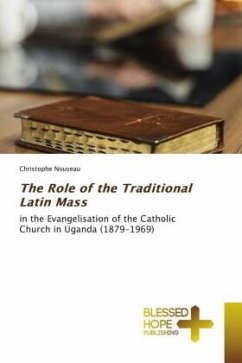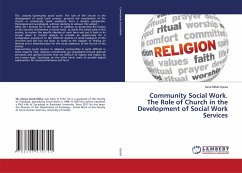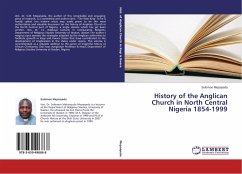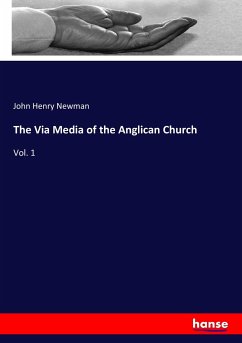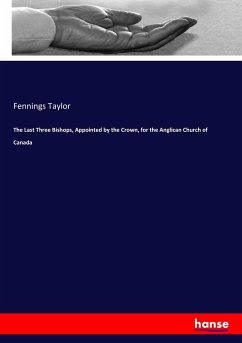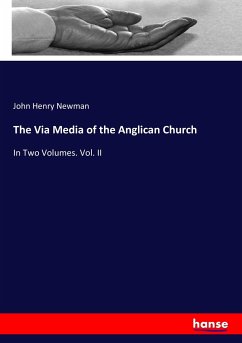Water is life! It is important as drinking water, in the production of food and energy, for maintaining health, and as a religious and cultural symbol. Nevertheless, in Niassa province, Mozambique, anthropogenic activities, e.g., gold mining, are devastating the clean water supply. Rural people are increasingly surviving through artisanal gold mining as it is a most profitable business; however, it is destroying the very rivers these people need to survive. The Anglican Church in the province is an important part of the community and has played a major role in the lives of the people in Niassa; however, one wonders, what role the Anglican Church is playing in this situation? If the Church is silent on this issue, how can it ever engage in environmental conservation from a theological point of view? To explore how the Church could respond theologically, a report by Estamos in Mozambique, which was published in 2018, on the impact of artisanal gold mining in Niassa province, along with an extensive literature review, were used to describe the issue in Niassa province.
Bitte wählen Sie Ihr Anliegen aus.
Rechnungen
Retourenschein anfordern
Bestellstatus
Storno

